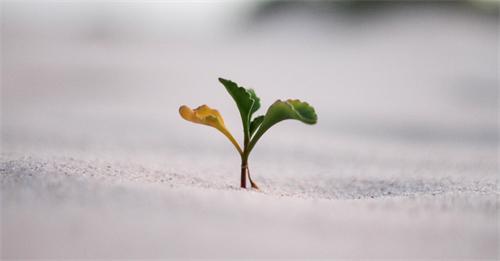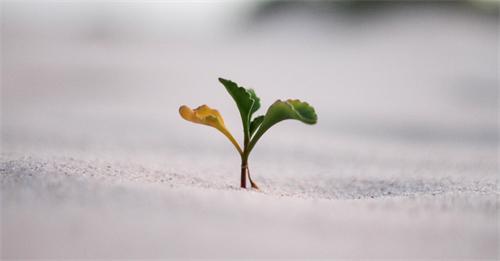Degrowth Movement Spreads: Threat to Corporate Profits?

In 1972, the Club of Rome published a landmark report titled The Limits to Growth. For the first time, it systematically raised concerns about the potential conflicts between economic expansion, population growth, resource depletion, and environmental degradation—sparking a global conversation around sustainable development. In many ways, it laid the intellectual groundwork for what would later become known as the “degrowth” movement.
For decades, economic “growth” has been seen as a symbol of societal progress and corporate success. Since the 17th century, technological innovation has fueled global prosperity, and economic expansion has remained at the core of national policies. But in the 21st century, that narrative is being increasingly questioned. As climate crises, ecological degradation, and rising inequality come to the forefront, a wave of critical thinking about growth-centric models has emerged—ushering in the rise of the degrowth movement in academia and beyond.
What is Degrowth?
Degrowth does not advocate for economic recession or collapse. Rather, it is a consciously designed transformation—one that aims to scale back production and consumption to within ecological limits, while prioritizing human well-being, social equity, and environmental balance over GDP growth. It is a multidimensional movement—economic, social, and cultural—that challenges the entrenched idea that “growth equals progress.”
At its core, degrowth rejects capitalism’s overreliance on GDP and calls for a redefinition of societal values—shifting from material accumulation to mental well-being, from efficiency to sufficiency, from technological glorification to ecological compatibility. As German sociologist Matthias Schmelzer has noted, “The core goal of degrowth is to eliminate the negative impacts of growth at both structural and conceptual levels of society.”
The Challenge to Corporate Profits
Degrowth emphasizes moderation and restraint, calling for limits on overall production and consumption. This directly threatens businesses that rely heavily on mass consumerism—such as fast fashion, FMCG giants, and electronics manufacturers—who may face shrinking demand. As more consumers embrace minimalism, anti-consumerism, and low-carbon lifestyles, brand loyalty weakens and room for market expansion narrows.
From a policy perspective, the spread of degrowth thinking has also led to stricter regulations on resource use and emissions. Measures like carbon taxes, green compliance rules, and extraction limits are all likely to raise operational costs and erode profit margins—particularly for industries built on high energy consumption and pollution.
Operationally, a shift toward sustainability-focused consumption could undermine traditional corporate strategies based on scale and rapid product cycles. Even tech-driven growth models face new scrutiny—not all innovations are ecologically “neutral” or “friendly.”
Opportunities in Transition: From “Selling More” to “Selling Longer”
But degrowth is not purely a threat—it may also be a catalyst for business model innovation.
Degrowth does not reject economic activity; it aims to redirect it. Forward-thinking companies can embrace a “durable goods” mindset—focusing on repairability, circular design, and extended product life spans. This means moving from a profit logic of “selling more” to “selling longer.” Subscription-based repair services, refurbished product sales, and reusable alternatives are promising avenues.
At the same time, companies can leverage “eco-minimalist” branding to appeal to younger, environmentally conscious consumers. Younger generations, particularly Millennials and Gen Z, tend to be more environmentally conscious and are increasingly inclined to support brands that align with their sustainability values—even if it means paying a premium. If companies can turn “less is more” into a lifestyle and cultural identity, they may yet find new sources of profitability amid the degrowth wave.
Rethinking the Meaning of Growth
Economic growth has undeniably played a key role in reducing poverty and improving access to education, healthcare, and basic living standards. It has been a driving force of human progress. Yet we must also recognize that climate disasters, widening inequality, and social fragmentation have followed in its wake. Degrowth is not a rejection of past achievements but a call for a more responsible future.
For companies, the real challenge may not lie in short-term profit declines, but in finding a sustainable logic for survival in a world where infinite growth is no longer viable. Business and society are not locked in a zero-sum game—adapting to ecological constraints does not mean giving up profit, but reimagining how profit is generated.



